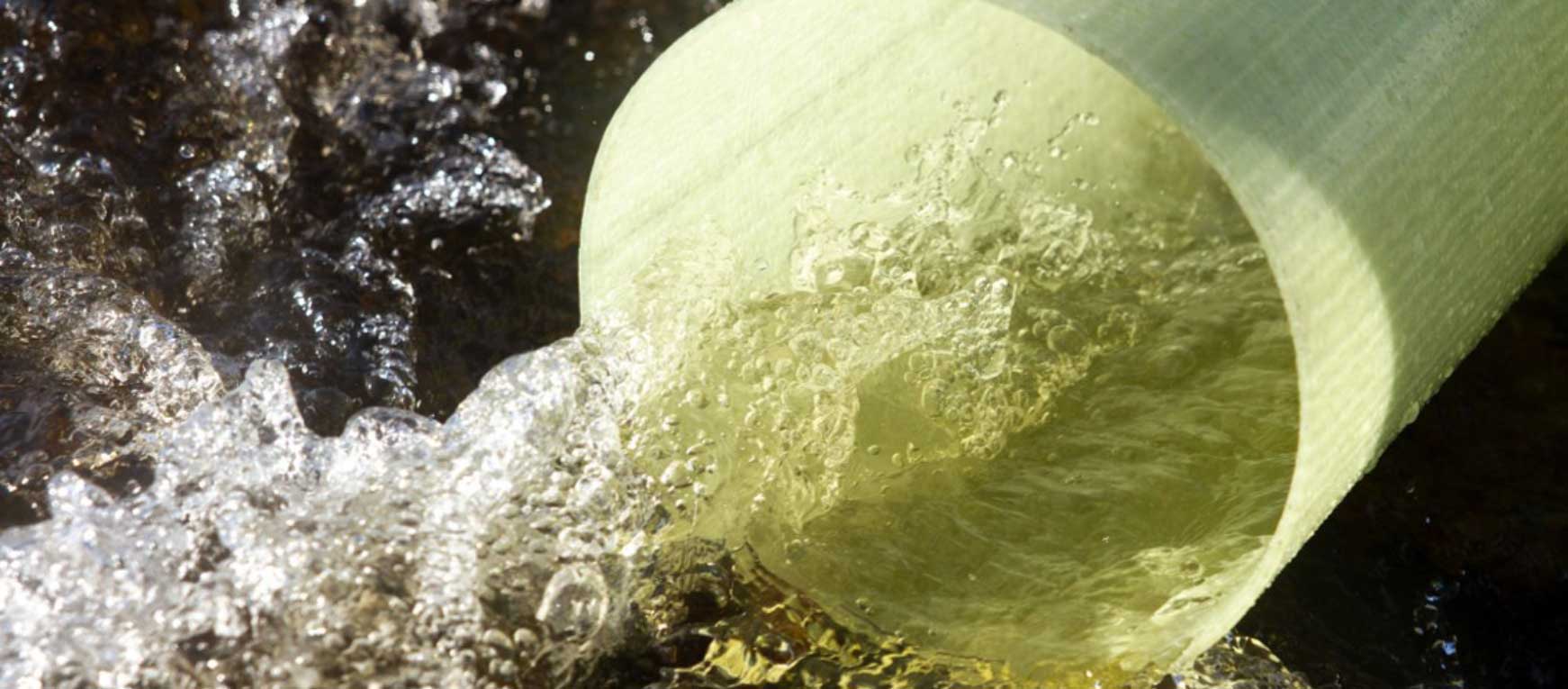Inpipe Freeliner®
Inpipe Freeliner® is the world’s first styrene- and bisphenol-free fiberglass-reinforced liner for the renewal of pipelines and culverts for waste, stormwater, and drainage.
Inpipe Freeliner® is developed to meet the requirements of installers and line owners for the best possible working environment and the least possible impact on the environment.
Security data sheet Inpipe Freeliner (Swedish) >
Advantages of Inpipe Freeliner®:
- Easy to install with inversion or winch-in-place. READ MORE >
- Minimum gap between pipe and lining (< 0.1% of diameter).
- Contains neither styrene nor any form of bisphenol.
- Essentially odorless.
- The amount of fossil-based raw materials is reduced when biowaste sources are used in the production of polyester.
- Up to 100 years of life. Available in Ø150 – Ø500 mm. Up to SN5 depending on diameter.

BASTA-registered
Inpipe Freeliner® has been BASTA-registered since 31 March 2021. BASTA registration means that Inpipe can verify that this product meets the set criteria regarding environmental and health hazardous properties.
Thereby, Inpipe Freeliner® maintains the highest environmental and work environment classification.
See more at www.bastaonline.se
What does it mean that Inpipe Freeliner® is BASTA-registered?
BASTA is a self-declaration system with a publicly available database where suppliers and manufacturers of construction products register products that meet the BASTA system requirements for substances with hazardous properties. A product registered in accordance with BASTA means that the product meets the system’s strict criteria for chemical composition. The European Community Regulation REACH and CLP are the basis for BASTA’s chemical content requirements.


”Innovation and development are the foundation of Inpipe’s success”.
Free from styrene and bisphenol
Instead of using styrene or bisphenol as a solvent in the polyester, Inpipe Freeliner® has other constituent components that ensure the right combination of strength, durability, and chemical resistance is achieved in the cured liner, while minimizing exposure to workers, residents, and the environment.
Styrene is classified as a priority risk reduction substance, while bisphenol is included on the Swedish Chemicals Agency’s list of phase-out substances.
What other components are used instead?
The material includes specific non-hazardous polymeric and bio-based components. The exact wording is “patent-protected”, but Inpipe can confirm that, according to the Ministry of Europe and the Council of the European Union (EC 1272/2008), polyester is not classified as dangerous.


Biocontent reduces the amount of fossil-based raw materials
The polyester used for the production of Inpipe Freeliner® has a biocontent of around 20 to 30%, which reduces the amount of fossil-based raw materials required for production. The biocontent is made from biowaste sources and does not compete with the food chain.
For Inpipe, it is important to work towards reducing our need for fossil fuels and raw materials. That is why we are constantly striving to reduce our climate footprint.

